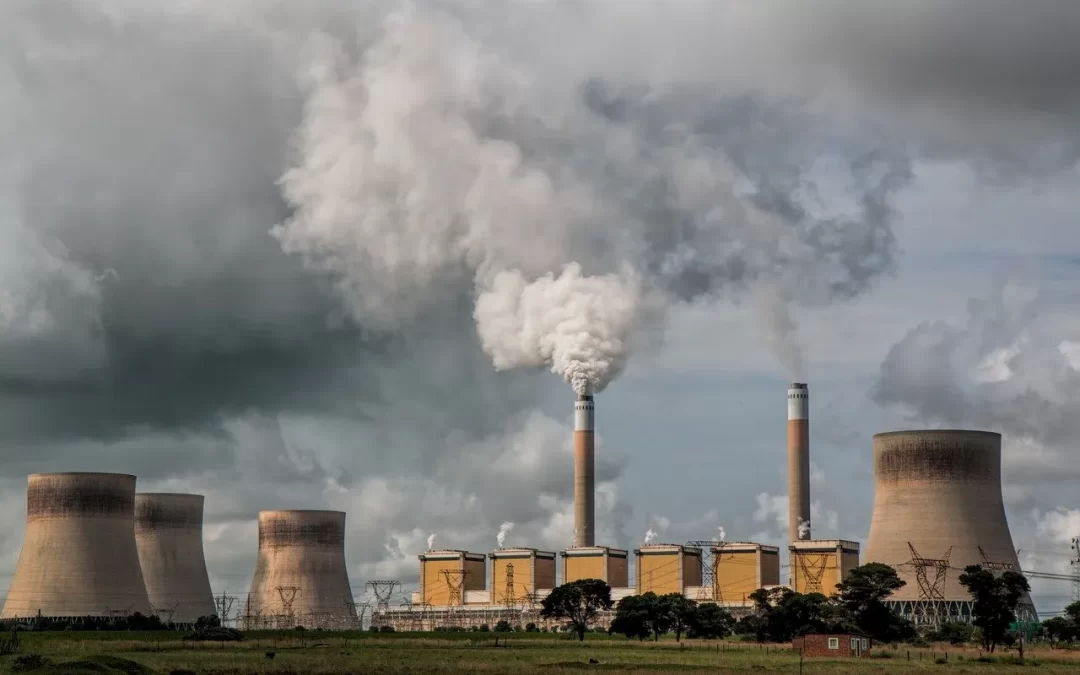With climate change continuing to be a hot topic, many parents and teachers are trying to figure out how to teach kids about pollution. It’s important for children to know about it because when they’re familiar with what it is, knowledgeable about its consequences and informed about how they can reduce or eliminate their own carbon footprints, they can help prevent it.
Put simply, pollution is anything that’s introduced into the environment that has the potential to negatively influence the quality of life for humans, animals or plants. Nine kinds of pollution are widely recognized throughout the world, including:
What Pollution Is
- Air Pollution
- Water Pollution
- Land Pollution
- Radioactive Pollution
- Thermal Pollution
- Noise Pollution
- Light Pollution
- Visual Pollution
- Personal Pollution
Pollution Facts for Kids: The Consequences of Pollution
Pollution has very real consequences that affect people, animals and plants located all over the world. Even remote areas such as the Arctic Circle are impacted by manmade pollution. There isn’t a single location on Earth that’s untouched by pollution — not even the bottom of the deepest ocean nor the highest point in the sky.
Here are some pollution facts for kids that clearly demonstrate the harmful effects pollution has on the Earth and every living thing that inhabits the planet:
- 40 percent of the rivers and 46 percent of the lakes located in the United States have too much pollution for fishing or swimming.
- Approximately 50 percent of the globe’s population has to deal with polluted drinking water.
- Around 250 million diseases caused by polluted drinking water are reported every year, which leads to anywhere from five to 10 million deaths annually.
- About 70 percent of the industrial waste generated in developing countries is dumped into the water untreated. This pollutes the potable water in many locations.
- Pollution is responsible for global warming. Global warming changes our weather patterns, which can lead to disasters such as cyclones, earthquakes and the premature melting of the world’s glaciers.
Educational Pollution Activities for Kids: Reducing Pollution
While your children can learn about air, water and other types of pollution by looking over the consequence listed above, they can get hands-on with the topic through pollution experiments and activities. Then, those activities you participate in can even lessen your carbon footprint and make a beneficial impact on the environment.
Here are some of the activities you and your kids can do to learn more about pollution and help reduce its severity:
- Pick up discarded items and dispose of or recycle them properly.
- Turn off lights and electronic devices when they’re not needed.
- Walk or ride a bicycle instead of taking a car.
- Use eco-friendly and energy-efficient products whenever possible.
- Reduce, reuse and recycle as often as you can.
There are plenty of other things you can do to teach your kids about pollution and its dangers. You can make compost using your food scraps, for instance. Composting doesn’t have to take up much space, and it can even be done in a small apartment setting.
You and your kids can plant trees, and, depending on where you live, you can also grow your own fruit and vegetables. If you can’t grow your own produce, you can be sure you only buy produce that’s grown locally.
As you do things to teach your children about pollution, be sure you share facts that will emphasize the importance of what you’re doing. For example, when you’re recycling things together, you can explain that recycling just one glass bottle reduces air pollution by 20 percent and causes 50 percent less water pollution compared to making a brand-new bottle.
Contact Science Explorers
At Science Explorers, we give kids across Pennsylvania, New Jersey, Delaware, Maryland, New York and Virginia. the chance to learn all about science. From exploring the effects of pollution to investigating the mysteries of space and everything in between and beyond, kids learn about science while having a great time at our after-school clubs and summer camps. To learn more about our fun-filled educational programs, contact Science Explorers today!

